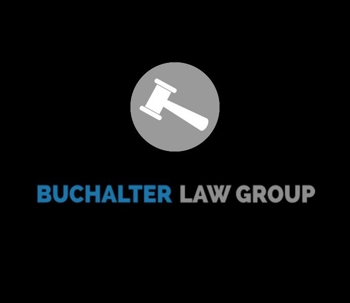Tax levies are used by the Internal Revenue Service (IRS) to collect on outstanding taxpayer dues. By seizing property, freezing bank accounts, or even removing a portion of your bi-monthly paycheck, the IRS has broad jurisdiction to act on your tax debts – and they will do everything in their power to collect what you owe them.
However, if you’ve been notified that the IRS will be placing a tax levy on you, there are still a few ways you can avoid the embarrassment and frustration of watching your assets get taken away. Ultimately, the IRS is willing to work with people, provided that you offer quick and proactive solutions to managing your tax debt. Our Brevard County tax law attorneys are particularly well-versed in this area of the law and can represent you before the IRS if needed. Until then, here’s how to avoid an impending tax levy and find an alternative solution for your debts.
The Meaning of a Notice of Intent to Levy
Before the IRS can actually levy any of your assets, they will need to have notified you of your remaining debt several times in writing, and only then sent a formal Notice of Intent to Levy. Also called a CP90 form, this official and confusing document can be incredibly nerve-wracking to receive in the mail. However, it’s important to remember that this is simply a call to action. If you can’t come up with a plan to pay off your tax debt after 30 days, then the IRS will move on to the actual tax levy.
Payment Options: How to Avoid an Impending Tax Levy
Of course, if you pay your debt in full including fees and interest, the IRS will immediately stop the tax levy process and move on without seizing any of your assets. For some, this might be a feasible solution, but others may struggle to cover their full debt up-front. If you’re struggling with the tax amount requested by the IRS, know that you’re not alone and that there are plenty of options.
The most common options when you’re facing a tax levy include:
- Setting up a short-term payment plan: If you believe you can pay your tax debt in full with just a little more time, you can usually apply for a payment plan directly with the IRS. This will extend the timeframe for your debt by 120 days, and you can even pay online.
- Negotiating an installment agreement with the IRS: If you don’t anticipate being able to pay off your debt in the next 120 days, you may want to consider an installment agreement. Similar to the previous option, this will allow you to work with the IRS on a long-term payment plan.
- Offer in Compromise: In this arrangement, you propose to settle your tax debt for less than the full amount, and send an Offer in Compromise to the IRS for review and approval. Like any offer, it will be thoroughly reviewed and cross-referenced by the IRS before they accept, so it’s important to review the details of your OIC with a qualified tax attorney first.
At The Buchalter Law Group, we’ve helped thousands of clients achieve a greater measure of financial security and peace of mind by alleviating their tax levies and liens. Whether you need assistance with an Offer in Compromise or want a lawyer to review the terms of your tax payment plan, our Brevard County IRS & tax law attorneys are here to help.
Need to discuss your tax situation with a qualified attorney? Contact us at 321.320.6088 for a FREE case evaluation today!

